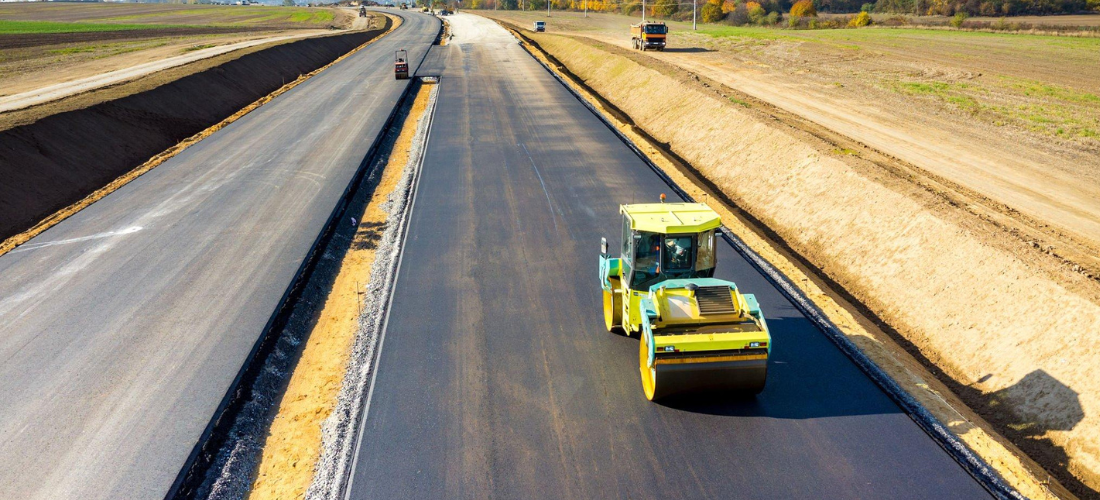Road milling, also known as cold milling or cold planing, is the act of removing a portion of an existing pavement surface by the road milling company in order to restore it to a uniform texture for usage or repavement. Specially built milling equipment may reach a variety of depths, from removing just enough to level the surface and smooth out any flaws to eliminating the whole depth.
It allows the road milling company for the repair or replacement of the top layer of existing asphalt, such as a road surface or highway, without the need to destroy and rebuild the whole structure. It also enables for the recycling of leftover asphalt chunks known as millings while renewing the pavement.
How does road milling work?
A road milling company’s process is divided into various steps:
- Determine if the asphalt condition may benefit from milling. Road milling produces the greatest results when just the top layer of asphalt is removed and not the underlying sub-base materials.
- Using a milling machine, grind up the top layer of asphalt to the depth required for your project and the condition of the asphalt.
- Place road millings in a dump truck for reuse. In resurfacing, crushed asphalt may be just as valuable as concrete, gravel, or new asphalt as an aggregate.
- Sweep or wash away dust and loose millings from the milled surface.
- Install new asphalt material.
What Are the Pros and Cons of Road milling?
When it comes to repairing an asphalt surface, road milling might be a better alternative than other procedures. Some of the advantages offered by road milling companies are as follows:
Environmentally-friendly:
The milling process produces aggregate that may be reused, either in your paving project as recycled asphalt pavement or in fresh hot mix asphalt. Road milling companies indulge in lesser processing than other choices, resulting in lower energy and resource use.
Materials repurposed for present or future projects:
Most pavement improvements may benefit from millings as a new material.
Enhances the surface to avoid slipping:
Road milling removes bumps, ruts, and other surface abnormalities that might compromise a paved surface’s safety.
Economical:
Resurfacing pavement is less expensive than replacing the complete structure. If your issue is confined in the top layer of asphalt, road milling enables you to solve it at a considerably lesser cost without affecting the sub-base.
Lesser traffic interruption:
Milling is a rapid operation by the road milling companies that reduces the amount of time required to repave. You may also direct traffic into the milling lane to decrease the effect and duration of lane closures.
Conclusion:
Road milling is an excellent method for rebuilding uneven and bumpy pavement, pavement with abnormalities such as ruts or potholes, pavement damaged by accidents or fires, or any other kind of damage that threatens a paved surface.
Road milling company allows you to upgrade your present infrastructure while spending as little money and resources as possible. It contributes to the reduction of road ravelling, cracking, and bleeding.

